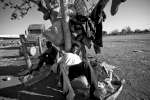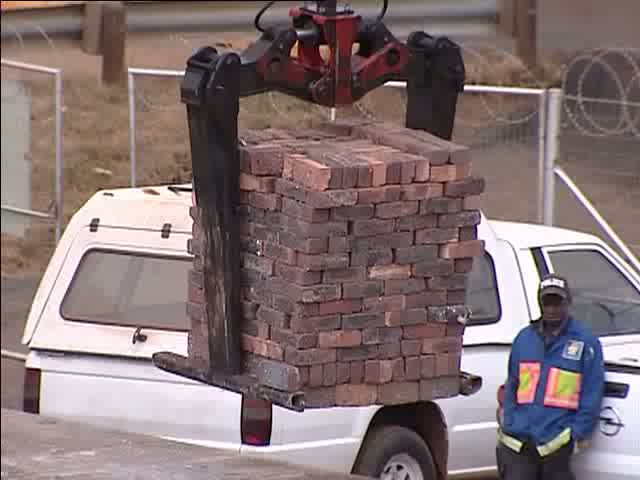South Africa's Invisible People
In March 2011, UNHCR initiated a project with the South African non-governmental organization, Lawyers for Human Rights (LHR), to tackle the issue of statelessness. The specific goals of the project were to provide direct legal services to stateless people and those at risk of statelessness; to engage government on the need for legal reform to prevent and reduce statelessness; to raise awareness about stateless people and their rights; and to advocate for the ratification of the 1954 and 1961 UN conventions on statelessness.
LHR had conceived the project a year earlier after noticing that large numbers of Zimbabwean-born asylum-seekers were telling its staff that they faced problems getting jobs, studying or setting up businesses - all allowed under South African law. They told LHR that when they applied for Zimbabwean passports, necessary to access these rights, they were informed by consular officials that they were no longer recognized as Zimbabwean citizens. This effectively made them stateless.
Since the project's inception, LHR has reached more than 2,000 people who are stateless or at risk of statelessness. These people came from more than 20 different countries. It has identified numerous categories of concern in South Africa, both migrants and those born in the country.
The following photo set portrays some of the people who have been, or are being, helped by the project. The portraits were taken by photographer Daniel Boshoff. Some of the subjects asked that their names be changed.





























